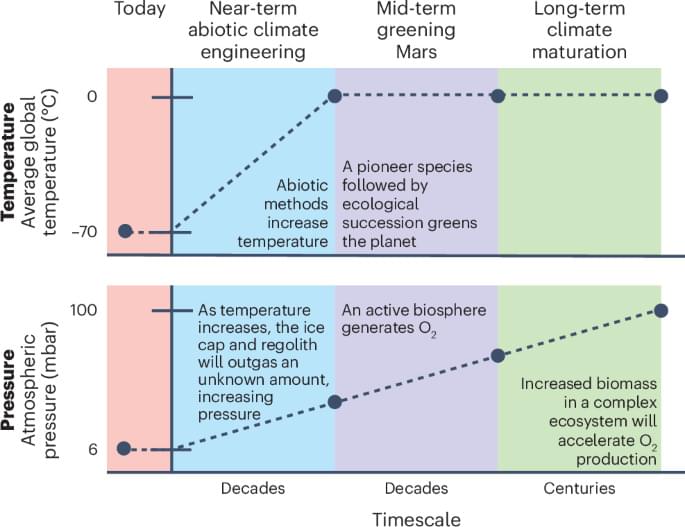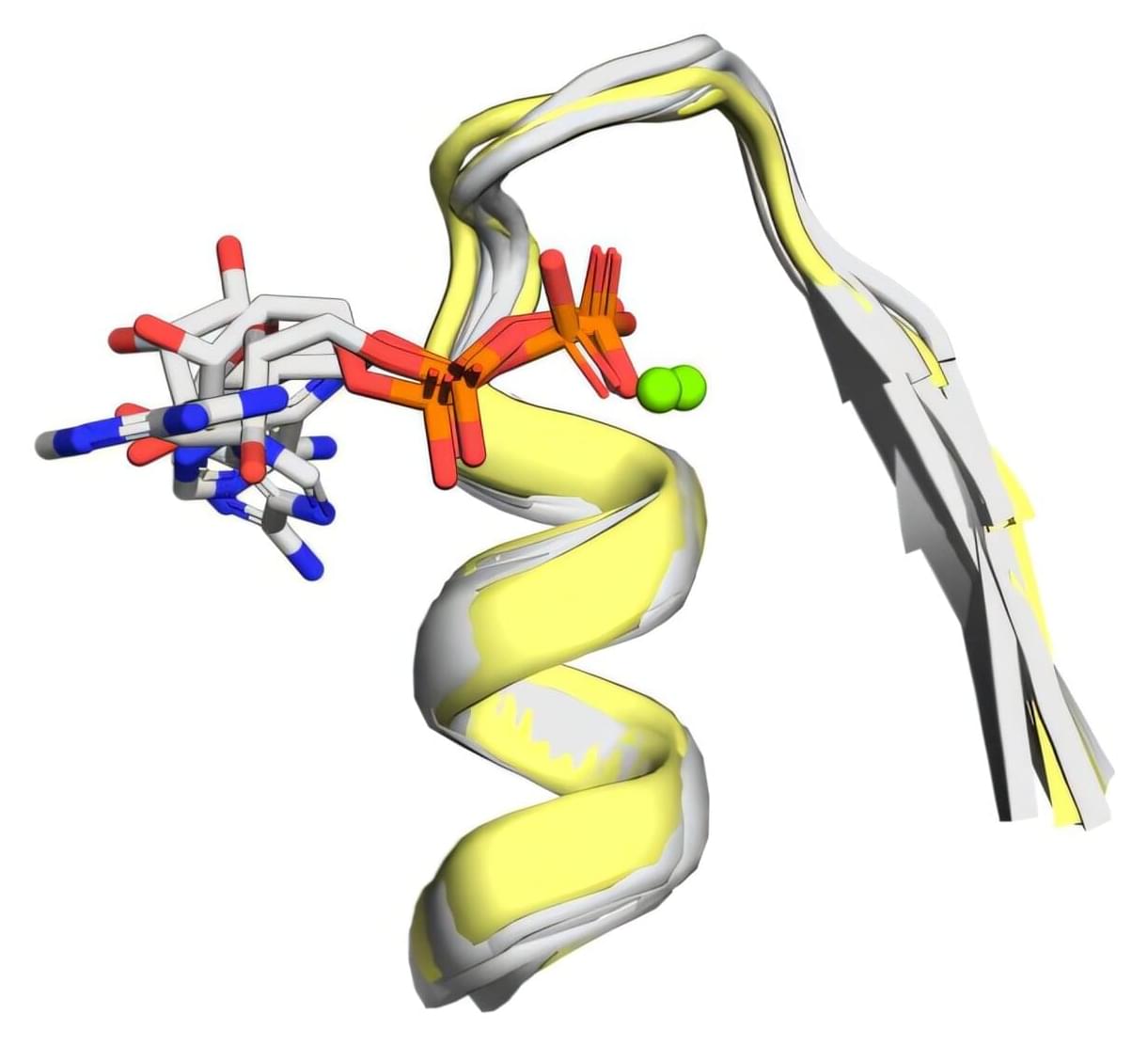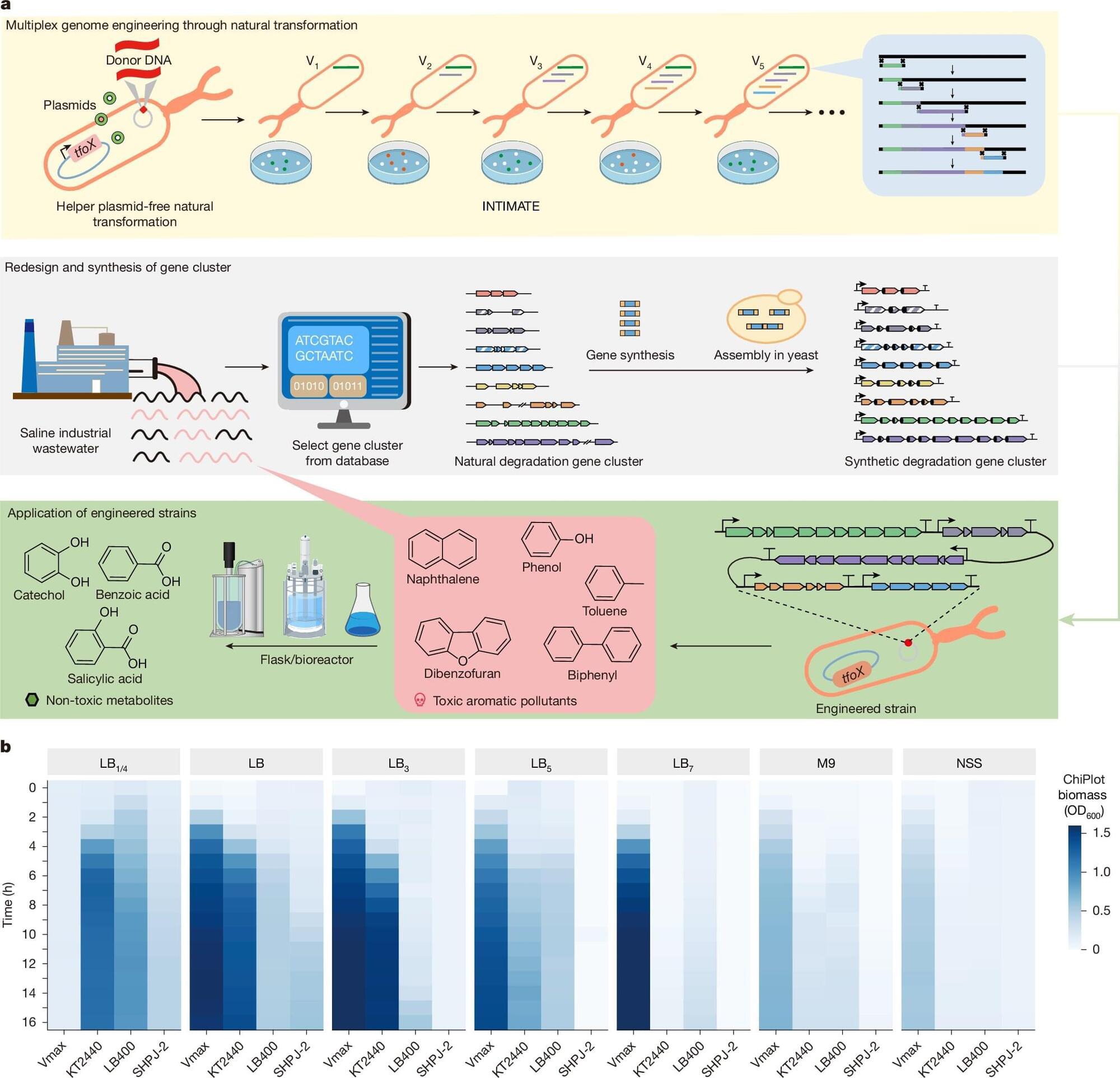Materials with self-adaptive mechanical responses have long been sought after in material science. Using computer simulations, researchers at the Tata Institute of Fundamental Research (TIFR), Hyderabad, now show how such adaptive behavior can emerge in active glasses, which are widely used as models for biological tissues.
The findings, published in the journal Nature Physics, provide new insights—ranging from how cells might regulate their glassiness to aiding in the design of new metamaterials.
Glasses (or amorphous solids) are materials whose components lack any particular ordering. Contrast this with a crystal, where atoms are arranged in neat, repeating patterns on a well-defined lattice. While crystals are ordered and nearly perfect, amorphous materials are defined by their disorder.






